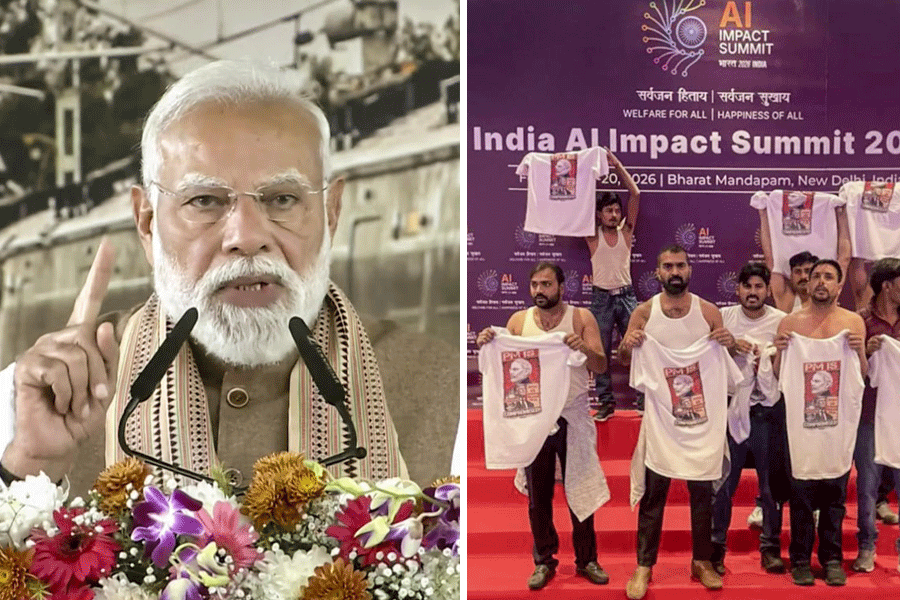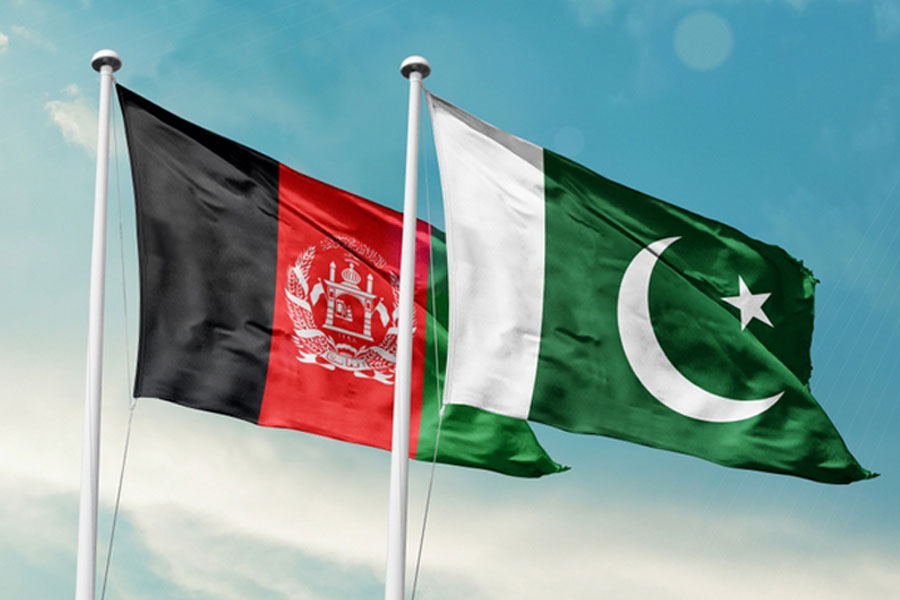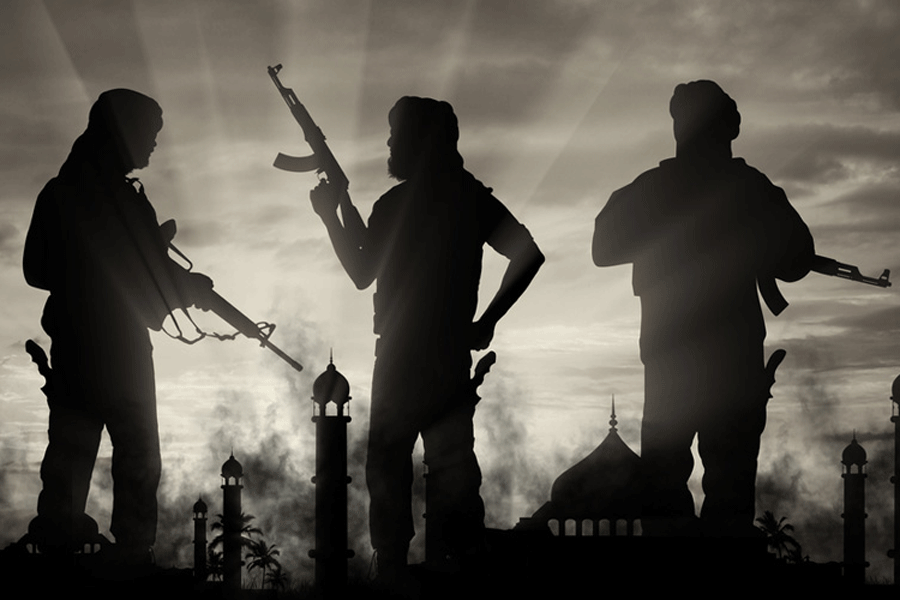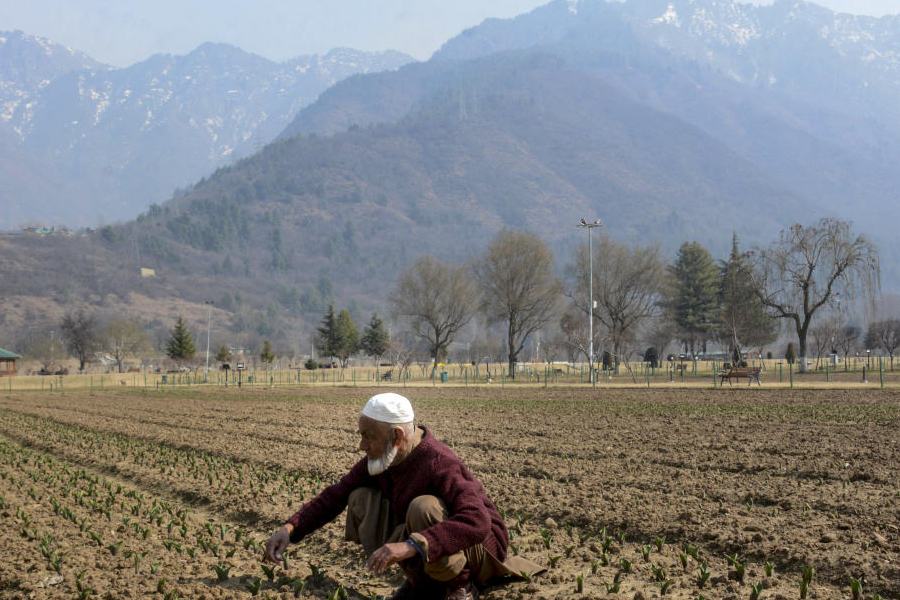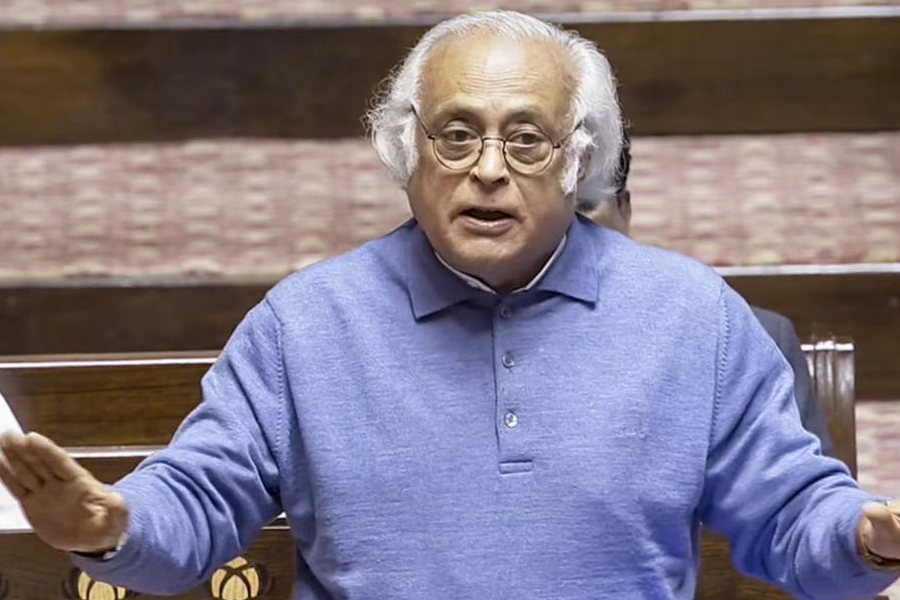As my flight landed in South Africa in early May, I looked in vain for the plane that was due to take off with the first 49 White, Afrikaans-speaking ‘refugees’ of the many thousands who are supposedly going to find safety from racist persecution in Donald Trump’s United States of America. Then I realised that they were probably taking a charter flight from a different terminal. It would have been a lot cheaper to buy them tickets on a scheduled commercial flight, but the notion of ‘refugees’ demands a certain amount of drama and this piece of theatre needed all the help it could get.
They aren’t actually refugees. They are bit players in a secular passion play staged by Trump, probably at the suggestion of his more-or-less-faithful sidekick, Elon Musk, who grew up very rich in apartheid-era South Africa and shares Trump’s belief in the ‘Great Replacement’ conspiracy theory.
Musk, of course, is also fighting his own private battle against the Great Replacement by having as many White babies as possible. You’d think the world’s richest man would realise that his goal could be more efficiently achieved by artificial insemination (and a modest trust fund for every successful Musk baby), but it turns out that he prefers the human touch.
Another way to get up White numbers, especially in the US, is White immigration, but that is quite tricky because White people in most other countries don’t want to move to the US. You can see why not, given the violence, the politics and the dreadful healthcare system, but it therefore puts a very high premium on White refugees.
Getting around Trump’s ban on asylum for refugees was easy. The ban on refugees is really meant to keep out people from ‘s***hole countries’, as Trump calls them. South Africa, despite some truly terrible ‘Black townships’, is not a s***hole at all.
The problem then becomes — what to call these ‘desirable’ White immigrants? Even Trump can’t simply say all ‘White South Africans’ are welcome, because to exclude others on the basis of colour is blatant racism. He might think it, but he can’t say it.
There will still not be an avalanche of White South Africans arriving in the US because the great majority of White South Africans live quite comfortable lives. Three decades after the end of apartheid, the average White South African still has 20 times the wealth of the average Black South African.
Two particular grievances drive South Africans arriving in the US. One is the belief that Whites, especially White farmers living on isolated farmsteads, are being killed because of their race. The other is an allegation that White-owned farms are being expropriated without compensation.
White South Africans on the far-Right and the hard-Right Make America Great Again in the US believe both those things, but they are both untrue. No farms have been expropriated without fair compensation. A new law makes expropriation without compensation possible in extreme circumstances, but it has not yet been used. Whites are 7% of South Africa’s population, but they are only 2% of the murder victims. Almost all of the farm murders occur in the context of armed robberies gone wrong, and Black farmers are equally affected. Several White farmers were murdered in 2022-23, but bear in mind that most farmers are White: more than 70% of the country’s farmland belongs to Whites.
South Africa is burdened by a particularly bad history of oppression and inequality which it will take generations to alleviate. The great majority of its people try to behave well, but it has the usual case-load of exceptions: the feckless, the cruel and the greedy will always be among us.
I’ll give the last word to an old friend, a White South African who shared the African National Congress’s struggles in the old days. “If you had told me in 1984 (the height of apartheid) what South Africa would be like now,” he said, “I would have been delighted. If you had told me the same thing in 1994 (the first free election), I would have wanted to cut my throat.”
Same information, viewed from different time perspectives. They are doing the best they can.
Gwynne Dyer’s new book is Intervention Earth


